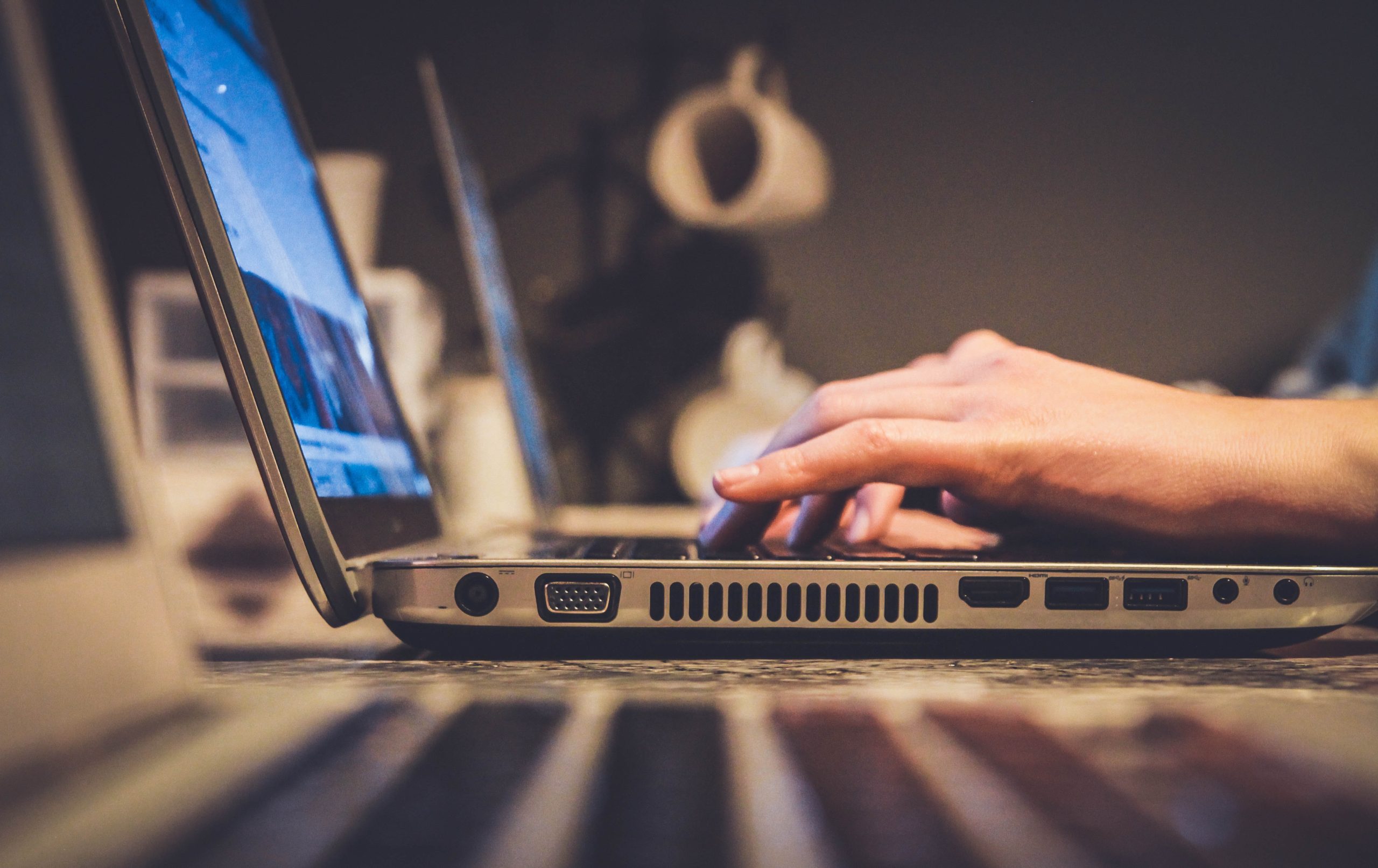Are you concerned about your online privacy and security? Do you use a Virtual Private Network (VPN) to keep your data safe from prying eyes? If so, you may be wondering if it's possible for someone to track your internet activity even when using VPN. In this blog post, we will explore the question "Can I be tracked if I use VPN?" and provide some helpful information on what can and cannot be done with a VPN. So sit back, relax, and let's dive into the world of online anonymity!
What is a VPN?
A VPN, or Virtual Private Network, is a private network that encrypts and tunnels Internet traffic through an intermediary server. A VPN allows you to surf the web anonymously and securely by hiding your IP address and location. This means that your ISP, government, and hackers will not be able to track your online activity. In addition, a VPN can also bypass geo-restrictions and censorship.
How do VPNs work?
VPNs work by encrypting all of the traffic between your device and the VPN server. This makes it impossible for anyone to see what you're doing online, even if they are able to intercept your traffic.
Do VPNs hide my IP address?
When you connect to a VPN, your traffic is routed through an encrypted tunnel to the VPN server. This hides your IP address from anyone who might be snooping on your connection, making it more difficult for them to track you online. However, your IP address is still visible to the VPN server, so your ISP and the government can still track what websites you're visiting.
Can my ISP see that I'm using a VPN?
Yes, your ISP can see that you are using a VPN. When you connect to a VPN, your traffic is encrypted and routed through a server before it reaches its destination. This means that your ISP can see that you are connecting to a VPN server, but they cannot see what you are doing inside the VPN tunnel. However, some ISPs may throttle your bandwidth if they detect that you are using a VPN.
Can I be tracked if I use a VPN?
When you connect to a VPN, your traffic is encrypted, which makes it much more difficult for anyone to track your online activity. In most cases, it is impossible to track a VPN user without the cooperation of the VPN provider. However, some providers may keep logs of user activity, which could potentially be used to track a user.
Are there any risks to using a VPN?
Yes, there are some risks to using a VPN. Your traffic can be monitored by your ISP or by the government, and you may be at risk of having your data stolen if you connect to a public Wi-Fi network. Additionally, if you use a free VPN service, your data may be sold to third-party companies or used to target ads at you.
Conclusion
In conclusion, VPNs can be a great way to protect your online privacy and security while browsing the web. They encrypt all of your data, making it impossible for anyone to track or monitor you online. However, even with a VPN service in place, there are still some risks associated with using them such as potential DNS leaks and IP address exposure. So make sure that you choose a reputable and secure VPN provider before connecting to any public network or wifi hotspot. With this information in mind, you should now have the knowledge needed to stay safe when browsing on unsecured networks!


